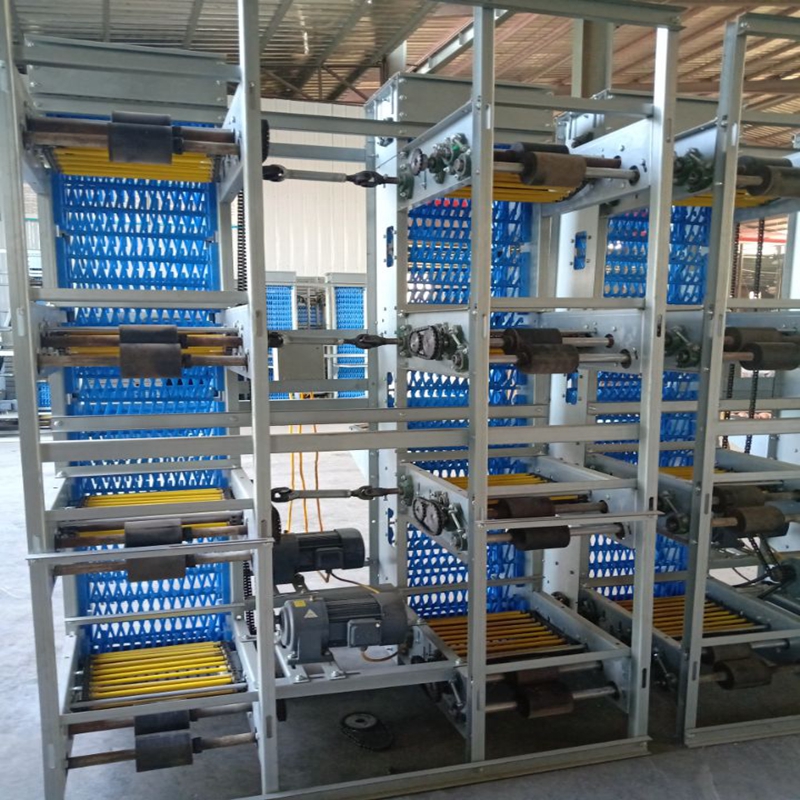Portable Pig Pen for Easy and Comfortable Livestock Housing Solutions
Sep . 23, 2024 22:39 Back to list
Portable Pig Pen for Easy and Comfortable Livestock Housing Solutions
The Portable Pig Pen A Solution for Modern Farmers
In the realm of sustainable farming, the concept of a portable pig pen has emerged as a practical and innovative solution for both small-scale and commercial pig farmers. Designed to be easily movable, these pens offer numerous advantages that contribute to improved animal welfare, enhanced soil health, and increased farming efficiency.
A portable pig pen is typically constructed using lightweight materials such as galvanized metal or durable plastic, allowing for easy relocation. This mobility enables farmers to rotate their pigs between different areas of pasture, which is crucial for preventing overgrazing and promoting healthier land. By shifting the pen regularly, farmers can allow the grass and soil in previously occupied areas to recover fully, leading to richer pastures and ultimately, happier pigs.
One of the primary benefits of a portable pig pen is the enhanced welfare it provides for the pigs. Pigs are intelligent and social creatures that thrive in dynamic environments. A stationary pen can lead to a monotonous lifestyle, which may cause stress and behavioral issues. On the other hand, a portable option allows farmers to provide fresh foraging opportunities and a more stimulating environment. By moving the pen to different plots of land, pigs can explore new surroundings, root in the soil, and engage in their natural behaviors, contributing to their overall health and happiness.
portable pig pen

Additionally, portable pig pens can have a positive impact on the environment. Pigs play a vital role in natural ecosystems as they help to aerate the soil through their rooting behavior. However, when kept in one spot for an extended period, their waste can accumulate, adversely affecting the land. Regularly relocating the pens allows for a more even distribution of nutrients in the soil and prevents the negative effects of over-fertilization. This practice not only fosters sustainable farming but also aligns with organic farming principles that emphasize responsible land management.
From a financial perspective, portable pig pens offer significant advantages as well. Farmers can save costs on feed since pigs can forage for natural food sources like grasses and roots in their new locations. Moreover, the reduced need for waste management systems, which are often required in stationary setups, leads to lower expenses and higher profitability.
In conclusion, a portable pig pen is more than just a practical structure; it is a cornerstone of modern, sustainable farming practices. By promoting animal welfare, improving soil health, and reducing costs, portable pig pens represent a smart choice for farmers looking to enhance their operations while respecting the environment. As agriculture continues to evolve, innovative solutions like this will be essential in meeting the challenges of food production in an increasingly aware and conscientious world.
-
Automatic Feeding Line System-Pan Feeder Nipple Drinker|Anping County Yize Metal Products Co., Ltd.
NewsJul.29,2025
-
Hot Sale 24 & 18 Door Rabbit Cages - Premium Breeding Solutions
NewsJul.25,2025
-
Automatic Feeding Line System Pan Feeder Nipple Drinker - Anping County Yize Metal Products Co., Ltd.
NewsJul.21,2025
-
Automatic Feeding Line System Pan Feeder Nipple Drinker - Anping County Yize Metal Products Co., Ltd.
NewsJul.21,2025
-
Automatic Feeding Line System - Anping Yize | Precision & Nipple
NewsJul.21,2025
-
Automatic Feeding Line System - Anping Yize | Precision & Nipple
NewsJul.21,2025






